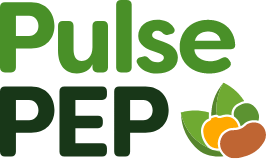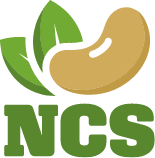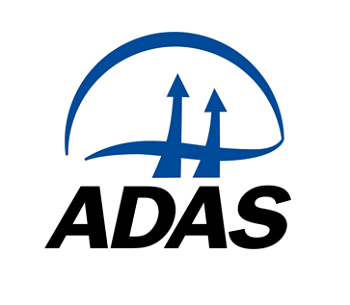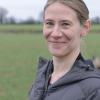We are the UK’s largest independent provider of agricultural and environmental consultancy, rural development services, research and development, and policy advice. With our breadth and depth of expertise, we offer you a unique combination of insight and practical experience, supported by robust, informed, science-based information, which allows us to deliver real solutions.
ADAS is the UK’s largest independent agricultural and environmental consultancy and provider of rural development and policy advice aimed at the two major issues of our time; securing food supply and enhancing the environment. Providing rural development, policy advice, consultancy and contracting services to a wide range of organisations in both the private and public sectors. ADAS’s work ranges from specific advice through strategic advice, policy advice and applied R&D to applied/strategic R&D.
ADAS is independent of, but fully understands government and commercial needs. Its expertise is based on evidence, underpinned by science, with its core disciplines focused on balancing profitable production with minimum environmental impact, reducing waste, water and energy use to ensure future sustainability.
We are proud to be at the leading edge of many science-based activities concerned with the key sustainable development issues facing society. These include innovative solutions for more sustainable land use, waste management, composting and energy production and use. ADAS is also actively working on climate change mitigation and adaptation, biodiversity, quality and quantity of water resources and animal health and welfare and ADAS continues to provide scientific excellence in all matters concerned with crop production.
ADAS 75 years video












